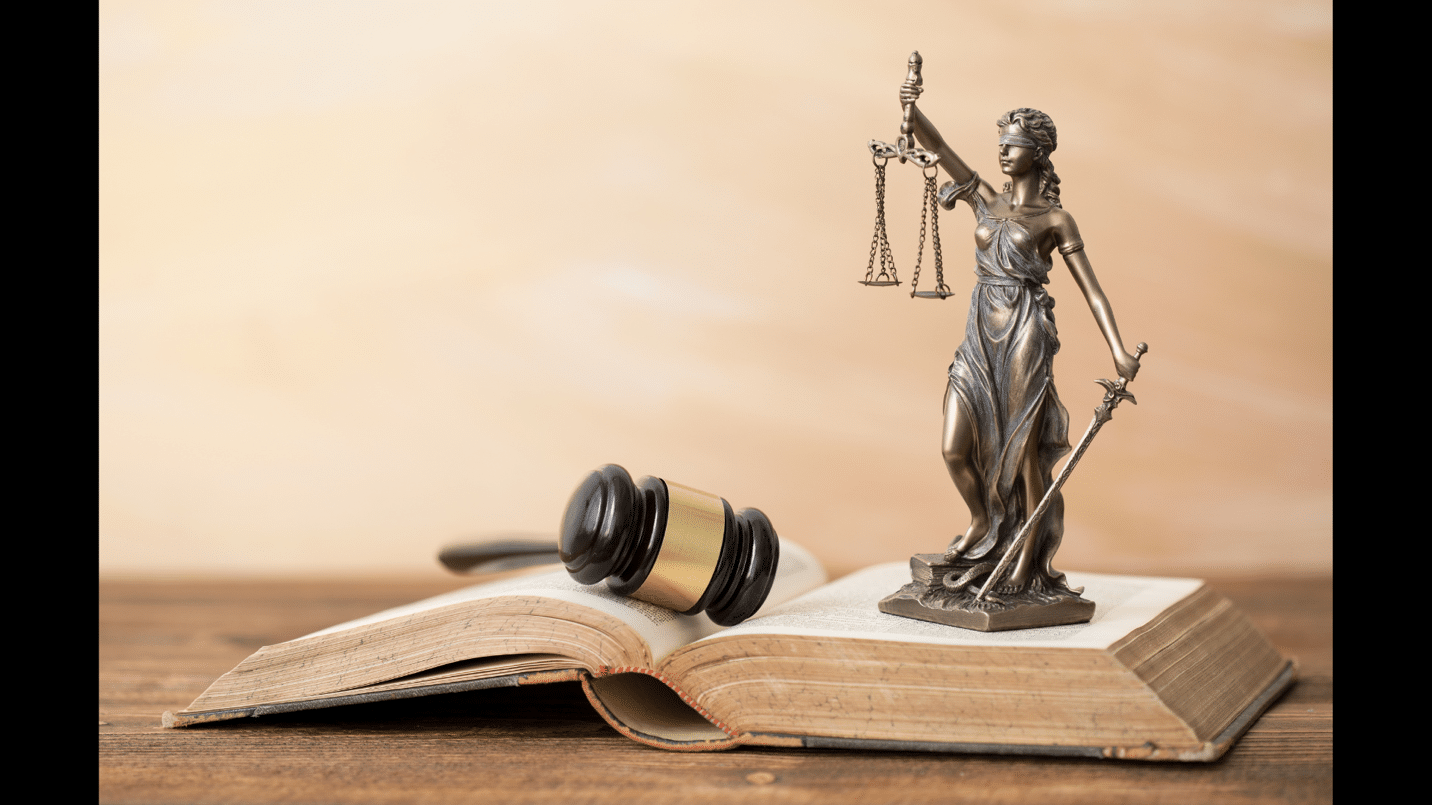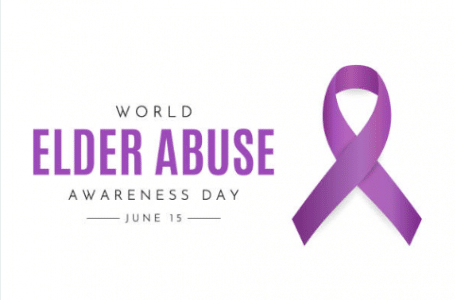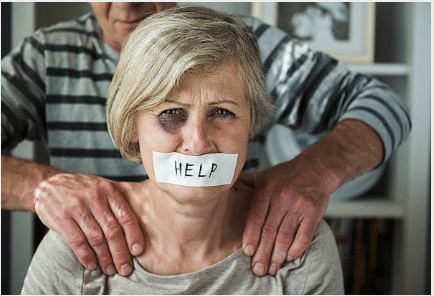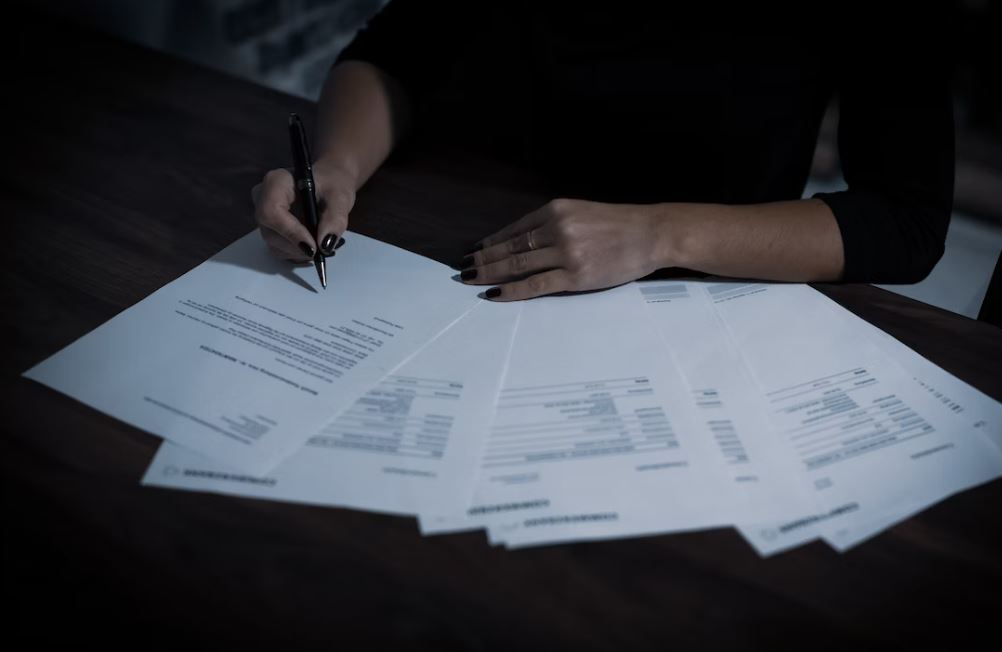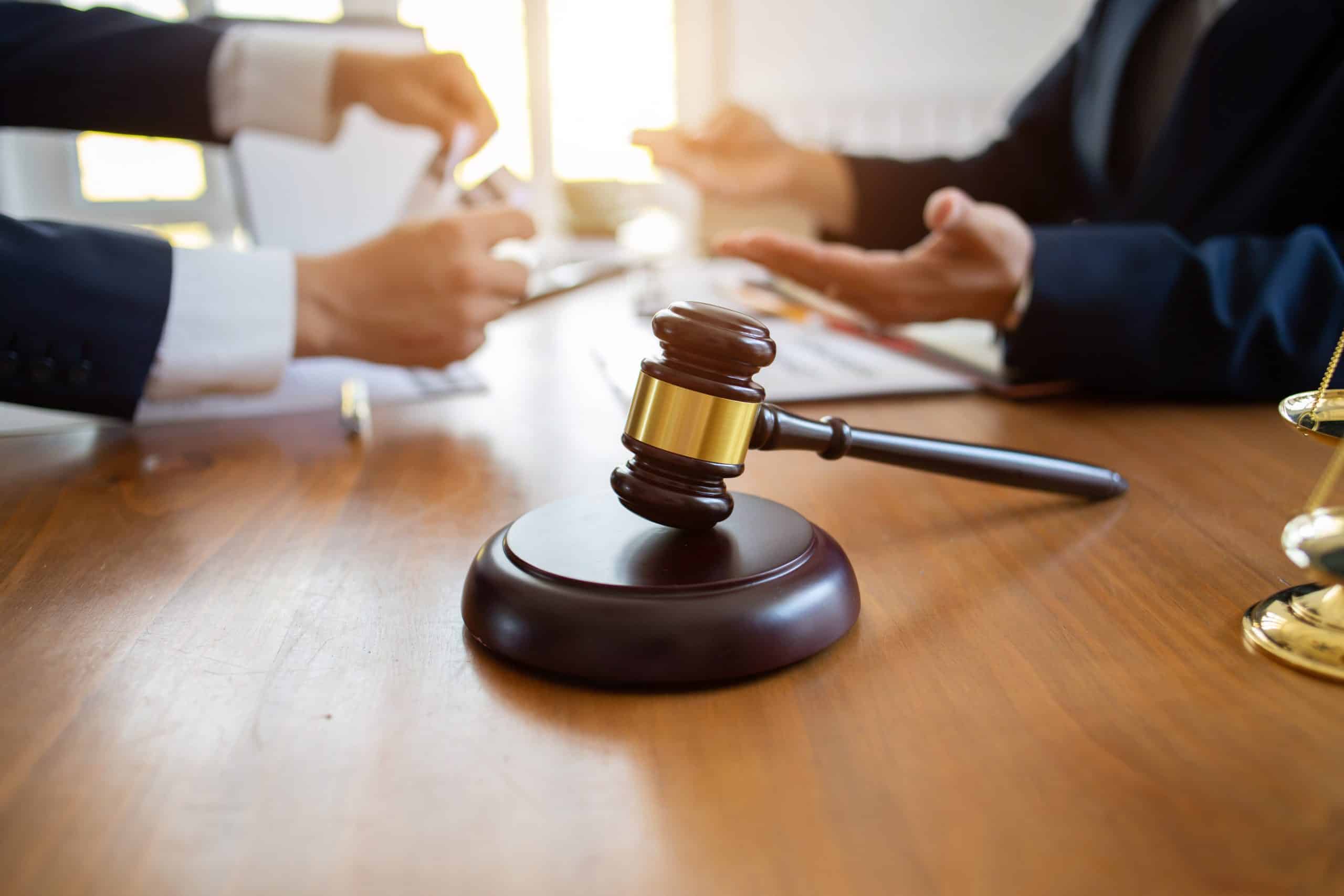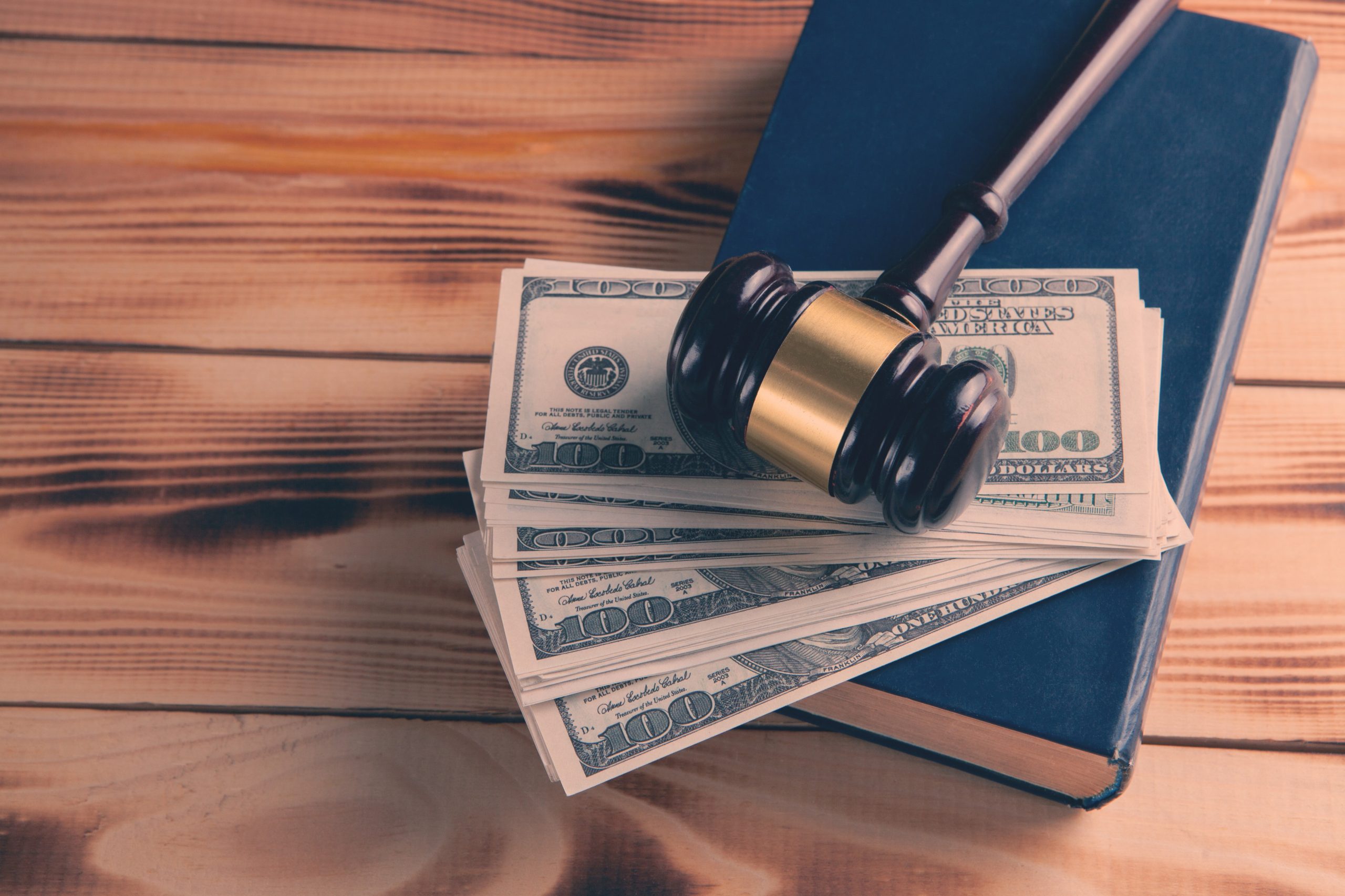Keeping Your Cool in the Courtroom: 5 Ways to Help Your Case With Your Conduct – Guest Post
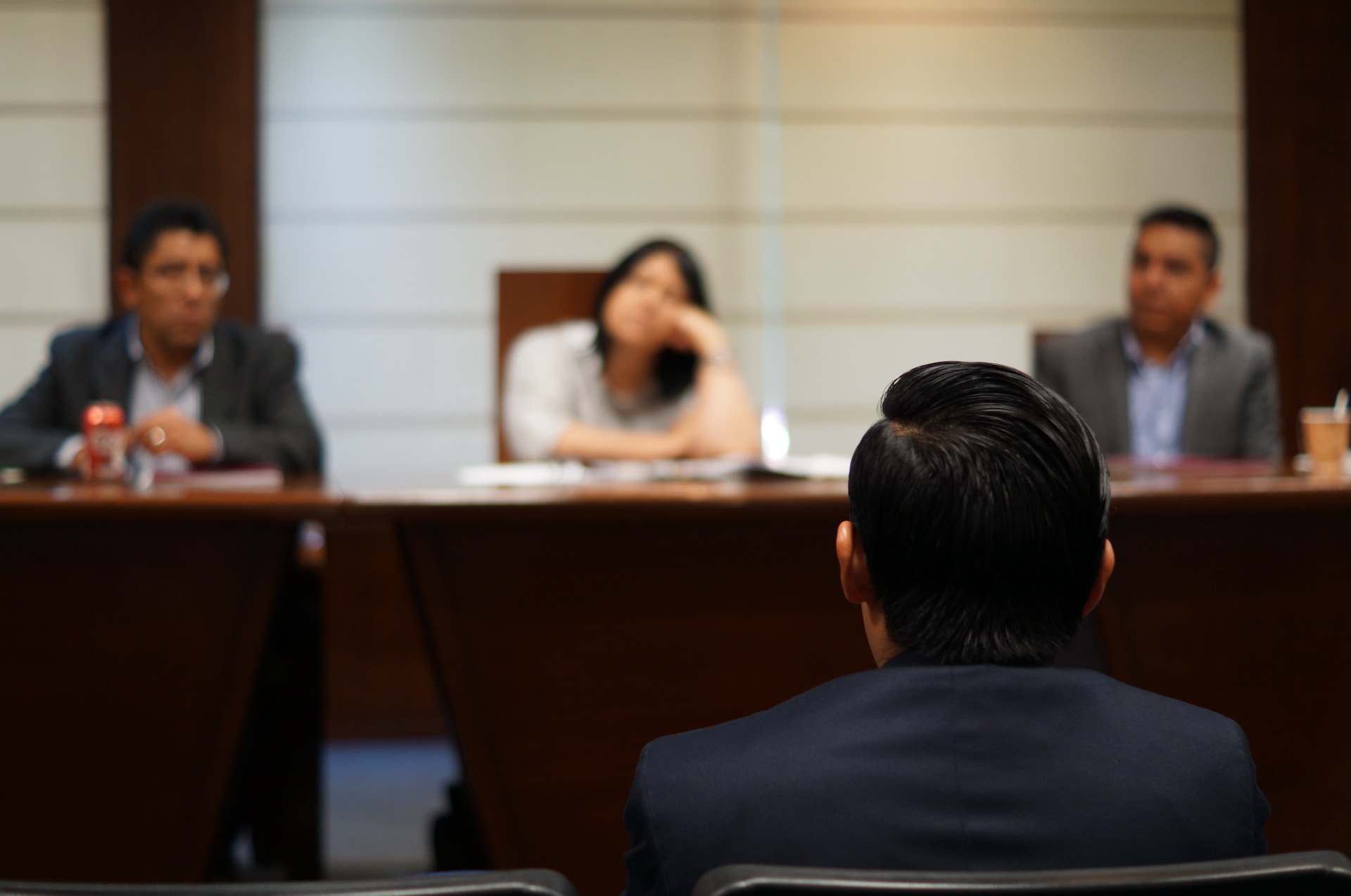
Are you facing a court case and feeling overwhelmed? Whether it’s a civil, criminal, or even family law matter, knowing the appropriate courtroom conduct is essential for your success in litigation. When entering this unknown arena and following unfamiliar rules, sometimes things can go very wrong if you don’t know how to prepare. Knowing these five points of courtroom etiquette can help you keep your cool during questioning, presenting evidence, and addressing the judge. Keep on reading to learn tips that will ensure you put yourself in the best position when dealing with a court case!
Dress for the Occasion
Dressing for the occasion is an important aspect of presenting yourself in a professional manner. When preparing to appear in court, taking the time to dress appropriately shows that you take the opportunity seriously. Not only do you need to dress well, but it’s crucial to appear neat and well-groomed. This means ensuring your clothes are clean and pressed, hair is styled, and any makeup or facial hair is well-maintained. By putting effort into your appearance, you show that you care about making a good impression and are committed to presenting yourself in the best possible way.
Be Courteous
When it comes to addressing the judge, it’s important to be courteous and maintain a respectful tone. Using their proper title, such as “Your Honor,” is a sign of respect for the position they hold. It’s also important to be mindful of your language and avoid any rude or derogatory remarks. Keep in mind that the judge is there to ensure a fair and just outcome for all parties involved, and maintaining a calm and polite demeanor can go a long way in ensuring that this outcome is achieved. So the next time you find yourself in a courtroom, remember to be courteous and respectful when addressing the judge.
Listen Carefully to What Is Said
When it comes to court proceedings, it’s important to pay close attention to what’s being said. This isn’t the time to joke around or tune out. The proceedings are serious, and they require an attentive audience. By listening carefully, you’ll gain a better understanding of the case at hand, as well as the arguments being made. Plus, by showing respect to the court and the individuals involved, you demonstrate that you take the matter seriously. You never know who’s watching at any given time, so be sure to keep quiet and listen closely.
Avoid Confronting Witnesses and Arguing With the Judge
One of the most important aspects of maintaining professionalism and credibility in the courtroom is avoiding confrontation. This includes situations where witnesses may be difficult or uncooperative, as well as instances where the judge’s decisions are not in your favor. It can be tempting to argue or become defensive, but staying composed and following the rules of the courtroom is essential for any successful outcome. By maintaining a composed demeanor, you can demonstrate respect for the legal process and ensure that your argument is heard objectively. Most of the time, it’s best to leave the serious problems to the personal injury attorneys presenting the case and defense, so make sure to keep yourself cool and leave it to them.
Show Respect for Your Attorney
When it comes to legal matters, having an attorney on your side can make all the difference in the world. They offer valuable advice, guidance, and support throughout your case. Showing respect and appreciation towards your attorney can go a long way toward building a strong and effective working relationship. Start by listening intently to their advice and never hesitate to ask questions or clarify anything that is unclear. Thanking your attorney for their help and hard work is also important. Lastly, make sure to keep them informed of any changes in your case- this helps them to craft the best possible strategy for you. Showing respect and gratitude towards your attorney can lead to a better outcome for your case.
In conclusion, a well-prepared court appearance can sometimes be the difference between success and failure. Taking steps such as dressing appropriately, being respectful and courteous, listening carefully to the proceedings, avoiding confrontation, and showing respect for your attorney are all important pieces of the puzzle that should not be overlooked. With careful preparation and some patience, you can put yourself in the best possible situation for a favorable outcome when dealing with a court case. Although there are no guarantees of success, following this advice is often times beneficial and can help improve your chances in court.


